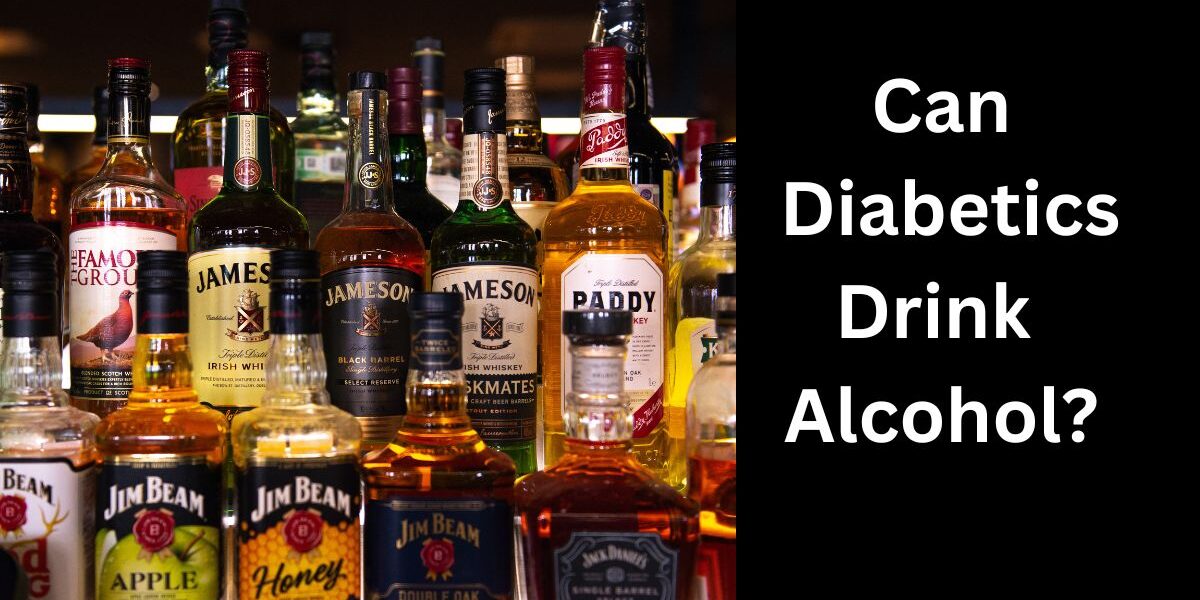Enjoying a drink now and then can be a part of social life, but if you have diabetes, it’s crucial to understand how alcohol affects your body and blood sugar levels. Drinking responsibly and being informed can help you make healthier choices.
How Alcohol Affects Blood Sugar
Alcohol has a complex relationship with blood sugar levels. Depending on the type and amount of alcohol, your blood sugar can either spike or drop. Here’s why:
Initial Blood Sugar Spike:
Sugary cocktails, sweet wines, and drinks mixed with sodas can cause an immediate spike in blood sugar due to their high carbohydrate content.
Delayed Blood Sugar Drop:
Hours after drinking, alcohol can cause your blood sugar to plummet. This happens because alcohol impairs your liver’s ability to release glucose into the bloodstream, increasing the risk of hypoglycemia (low blood sugar), especially if you’re taking insulin or certain diabetes medications.
Potential Risks of Alcohol for People with Diabetes
Hypoglycemia: Drinking alcohol, especially on an empty stomach, can lead to dangerously low blood sugar. Symptoms of hypoglycemia can be mistaken for being intoxicated, such as dizziness, confusion, and slurred speech.
Weight Gain: Alcohol contains empty calories, which can contribute to weight gain and make it more difficult to manage your diabetes.
Liver Function: The liver plays a key role in glucose management and detoxifying alcohol. Regular heavy drinking can damage the liver and worsen blood sugar control.
Medication Interactions: Alcohol may interact negatively with diabetes medications, enhancing their effects and increasing the risk of side effects.
Safe Drinking Practices for People with Diabetes
Check Your Blood Sugar Levels: Always check your blood sugar before drinking. If it’s low, eat a balanced meal or snack to stabilize it. Monitor your levels closely during and after drinking, as alcohol can affect glucose for up to 24 hours.
Eat Before or While Drinking: Consuming alcohol on an empty stomach can cause hypoglycemia. Eating a meal with carbohydrates can help stabilize blood sugar and reduce the risk.
Stay Hydrated: Alcohol is dehydrating, so make sure to drink water before, during, and after consuming alcohol.
Limit Your Intake: Moderation is key. For women, this means up to one drink per day, and for men, up to two drinks per day. One drink is generally defined as:
-12 ounces of beer
-5 ounces of wine
-1.5 ounces of distilled spirits (like vodka, whiskey, or gin)
Choose Low-Sugar Options: Opt for dry wines, light beer, or spirits mixed with sugar-free mixers. Avoid drinks made with added sugars, like margaritas, piña coladas, or alcoholic energy drinks.
Carry Identification: If you experience low blood sugar, symptoms may resemble intoxication. It’s a good idea to carry a medical ID card or wear a diabetes alert bracelet.
Types of Alcohol and Their Effects
Beer: Beer can be high in carbohydrates, leading to an initial spike in blood sugar. Light beers or low-carb options are better choices, but still monitor your intake.
Wine: Red and white wines usually contain fewer carbs than beer. Dry wines have less sugar compared to sweet or dessert wines.
Spirits: Pure spirits like vodka, gin, whiskey, and rum don’t contain carbs, but be cautious about what you mix them with. Sugar-free or diet mixers are preferred.
Cocktails: Mixed drinks can be loaded with sugar. If you enjoy cocktails, opt for ones made with sugar-free or diet alternatives.
Signs to Watch For
It’s crucial to recognize the signs of both high and low blood sugar.
Symptoms of hypoglycemia include:
-Sweating
-Shakiness
-Confusion
-Rapid heartbeat
-Irritability
Meanwhile, hyperglycemia can cause:
-Frequent urination
-Extreme thirst
-Fatigue
-Blurred vision
If you experience any of these symptoms while drinking, seek immediate medical assistance.
When to Avoid Alcohol
Certain situations make it best to avoid alcohol entirely, such as:
If you have poorly managed diabetes or frequent episodes of hypoglycemia.
If you have complications related to diabetes, like nerve damage or liver disease.
If you are pregnant or trying to conceive.
Final Thoughts
Alcohol and diabetes management require a delicate balance. By drinking in moderation, staying informed about how alcohol affects your blood sugar, and following safe practices, you can enjoy an occasional drink without compromising your health.
Remember: If you’re unsure whether drinking alcohol is safe for you, consult your healthcare provider. They can offer personalized advice based on your health status, medications, and diabetes management plan.
Do you have experiences or tips for drinking responsibly with diabetes? Share your thoughts in the comments below!





